Home>diy>Building & Construction>What Is A Construction Coordinator


Building & Construction
What Is A Construction Coordinator
Modified: January 23, 2024
Learn about the role of a construction coordinator in building construction projects. Discover their responsibilities and how they ensure successful project completion.
(Many of the links in this article redirect to a specific reviewed product. Your purchase of these products through affiliate links helps to generate commission for Storables.com, at no extra cost. Learn more)
Introduction
Welcome to the world of construction! If you’ve ever marveled at skyscrapers, admired beautifully designed buildings, or been captivated by the intricacies of construction projects, then you’ll understand the incredible effort and coordination required to bring these structures to life. Behind every successful construction project, there is a key figure who plays a crucial role in ensuring its smooth execution – the construction coordinator.
Construction coordinators are the unsung heroes of the construction industry, working diligently behind the scenes to keep projects on track and within budget. In this article, we will explore the world of construction coordination, understanding their responsibilities, skills, and the importance they hold in the successful delivery of construction projects.
So, join us as we delve into the fascinating world of construction coordination and discover the vital role these professionals play in shaping the cities and structures we admire.
Key Takeaways:
- Construction coordinators are the linchpins of construction projects, overseeing planning, resource management, and communication. Their diverse skills and expertise ensure efficient project execution and stakeholder satisfaction.
- Becoming a construction coordinator requires a blend of education, experience, and continuous skills development. Networking, leadership, and problem-solving abilities are essential for success in this dynamic and rewarding role.
Definition of a Construction Coordinator
A construction coordinator is a key member of the construction team who oversees the planning, organizing, and implementation of construction projects. They act as a bridge between the different stakeholders involved in the project, including architects, engineers, contractors, and clients, ensuring effective communication and collaboration throughout the construction process.
Understanding the ins and outs of the construction industry, construction coordinators possess a comprehensive knowledge of construction methods, materials, and building codes. They leverage this expertise to coordinate and manage various aspects of the project, including budgeting, scheduling, quality control, and resource allocation.
Construction coordinators are responsible for creating and maintaining detailed project plans, identifying potential risks and challenges, and developing strategies to mitigate them. They liaise with the relevant personnel to ensure proper sequencing of tasks, adherence to timelines, and compliance with safety regulations.
In addition to their technical expertise, construction coordinators also possess excellent organizational and leadership skills. They are adept at handling multiple tasks simultaneously, managing deadlines, and motivating the team to achieve project goals. Effective communication is a crucial skill for a construction coordinator, as they must convey information clearly to stakeholders, resolve conflicts, and facilitate smooth collaboration between team members.
In summary, a construction coordinator acts as the linchpin that holds a construction project together. They are responsible for overseeing all aspects of the project, from planning and organization to execution and completion, ensuring that everything runs seamlessly and on schedule.
Responsibilities of a Construction Coordinator
The role of a construction coordinator encompasses a wide range of responsibilities. They serve as the central point of contact for all parties involved in the construction project and play a pivotal role in ensuring its successful completion. Here are some of the key responsibilities of a construction coordinator:
- Project Planning: Construction coordinators are involved in the initial stages of a project, working closely with architects, engineers, and clients to develop a comprehensive project plan. They assist in creating budgets, timelines, and identifying resources needed for the project.
- Resource Management: Construction coordinators are responsible for managing and allocating resources efficiently. This includes overseeing the procurement of materials, equipment, and labor, as well as coordinating with subcontractors and suppliers.
- Scheduling: One of the crucial responsibilities of a construction coordinator is creating and maintaining project schedules. They ensure that tasks are properly sequenced, deadlines are met, and that the project stays on track.
- Quality Control: Construction coordinators are responsible for ensuring that construction work meets quality standards. They conduct regular inspections, resolve any issues or defects, and ensure compliance with building codes and regulations.
- Communication and Collaboration: Effective communication is vital in construction projects, and construction coordinators excel in this area. They facilitate clear and consistent communication between team members, clients, contractors, and other stakeholders, ensuring that everyone is informed and aligned.
- Risk Management: Construction projects can be complex, and construction coordinators are responsible for identifying potential risks and developing strategies to mitigate them. They anticipate and address issues promptly, minimizing delays and disruptions.
- Budget Monitoring: Construction coordinators play a critical role in managing project budgets. They monitor project costs, track expenses, and identify areas where cost savings can be achieved without compromising quality.
- Documentation and Reporting: Construction coordinators maintain accurate documentation throughout the project, including contracts, permits, change orders, and progress reports. They provide regular updates to stakeholders, ensuring transparency and accountability.
- Safety Compliance: Construction coordinators prioritize safety on-site and ensure compliance with health and safety regulations. They implement safety protocols, conduct safety meetings, and promote a culture of safety among the project team.
These are just a few of the main responsibilities that construction coordinators undertake. Their role is dynamic and multifaceted, requiring a blend of technical knowledge, organizational skills, and effective communication to ensure the successful completion of construction projects.
Skills and Qualifications of a Construction Coordinator
Being a construction coordinator requires a unique set of skills and qualifications to effectively manage construction projects. Here are some of the key skills and qualifications that are essential for success in this role:
- Construction Knowledge: A strong foundation in construction principles, techniques, and materials is crucial for a construction coordinator. They should have a comprehensive understanding of construction processes, building codes, and industry standards.
- Organizational Skills: Construction coordinators must possess excellent organizational skills to manage multiple tasks, deadlines, and resources simultaneously. They should be able to create and maintain detailed project plans, track progress, and keep all stakeholders informed.
- Communication Skills: Effective communication is vital for a construction coordinator in order to liaise with architects, engineers, contractors, and clients. They should be able to convey information clearly, facilitate collaboration, and resolve conflicts or issues that may arise during the project.
- Leadership Abilities: Construction coordinators need strong leadership skills to motivate and manage the project team effectively. They should be able to delegate tasks, provide guidance, and ensure that everyone is working towards the same goals.
- Problem-solving Skills: Construction projects often encounter unexpected challenges, and construction coordinators must have a knack for problem-solving. They should be able to think critically, analyze situations, and develop creative solutions to keep the project on track.
- Attention to Detail: Construction coordination requires meticulous attention to detail to ensure that all aspects of the project are addressed. From budgeting and scheduling to quality control, construction coordinators must be thorough in their approach to deliver high-quality results.
- Technical Proficiency: Construction coordinators should be proficient in using construction management software, project scheduling tools, and other technical applications relevant to the industry. This helps them streamline processes, track progress, and maintain accurate documentation.
- Education and Experience: While a formal degree in construction management or a related field is beneficial, it is not always a requirement. However, construction coordinators typically have industry experience or certifications that demonstrate their knowledge and skills in construction project management.
- Adaptability and Time Management: Construction projects are dynamic, and construction coordinators must be adaptable to changing circumstances. They should excel in time management, prioritizing tasks, and adjusting plans when necessary to ensure project success.
These skills and qualifications are essential for individuals aspiring to become construction coordinators. Continuous learning and staying up to date with industry trends and advancements are crucial to thrive in this role.
A construction coordinator is responsible for overseeing all aspects of a construction project, including scheduling, budgeting, and communication with contractors. They play a crucial role in ensuring the project is completed on time and within budget.
Importance of a Construction Coordinator in Construction Projects
Construction projects are complex endeavors that require careful coordination and management to ensure success. This is where the role of a construction coordinator becomes indispensable. Let’s explore the importance of a construction coordinator in construction projects:
- Efficient Project Execution: Construction coordinators play a vital role in ensuring that construction projects are executed efficiently. They create detailed project plans, schedule tasks, allocate resources, and monitor progress to keep the project on track. By effectively coordinating various aspects of the project, construction coordinators help streamline operations and minimize delays.
- Effective Communication and Collaboration: Successful construction projects rely on effective communication and collaboration among the project team and stakeholders. Construction coordinators act as the central point of contact, facilitating clear communication channels between architects, engineers, contractors, and clients. They foster collaboration, resolve conflicts, and ensure that everyone is working towards the same project goals.
- Risk Mitigation: Construction projects are not immune to risks and challenges. Construction coordinators have a critical role in identifying potential risks and developing strategies to mitigate them. From unforeseen changes in plans to budget constraints and safety issues, construction coordinators proactively manage risks, minimizing the impact on the project and ensuring its successful completion.
- Quality Control: Ensuring high-quality construction work is essential for any project’s success. Construction coordinators oversee quality control, conducting inspections, and addressing any issues or defects promptly. They ensure that construction work meets industry standards and regulatory requirements, ensuring the longevity and safety of the completed structure.
- Cost Management: Construction projects often operate under tight budgets. Construction coordinators monitor project costs, track expenses, and identify areas where cost savings can be achieved without compromising quality. Their expertise in budget management helps keep the project financially viable and within the allocated budget.
- Timely Completion: Time is of the essence in construction projects, and meeting deadlines is crucial. Construction coordinators develop and maintain project schedules, ensuring that tasks are properly sequenced, and the project remains on track. By monitoring progress, resolving issues promptly, and adapting plans as necessary, construction coordinators contribute to the timely completion of projects.
- Stakeholder Satisfaction: Construction projects involve various stakeholders, including clients, architects, contractors, and governmental agencies. Construction coordinators ensure that the needs and expectations of stakeholders are met. By maintaining effective communication, managing expectations, and delivering high-quality results, construction coordinators contribute to stakeholder satisfaction and positive project outcomes.
- Safety and Compliance: Construction sites can be hazardous environments, and safety is paramount. Construction coordinators prioritize safety on-site, implementing safety protocols, conducting regular safety meetings, and ensuring compliance with health and safety regulations. Their focus on safety creates a secure environment for all workers and minimizes the risk of accidents or injuries.
In summary, the role of a construction coordinator is invaluable in construction projects. From efficient project execution and effective communication to risk management and stakeholder satisfaction, construction coordinators contribute to the successful outcome of construction projects and play a crucial role in shaping the built environment we live in.
Read more: What Is A BIM Coordinator?
Challenges Faced by Construction Coordinators
Being a construction coordinator is no easy task. While it is a rewarding role, it comes with its fair share of challenges. Here are some of the common challenges faced by construction coordinators:
- Complexity of Projects: Construction projects are often complex, with multiple stakeholders, intricate designs, and intricate schedules. Coordinating and managing the various moving parts of a construction project can be challenging, requiring careful attention to detail and effective communication skills.
- Tight Deadlines: Construction projects typically have tight timelines, and meeting them can be a challenge. Construction coordinators must ensure that tasks are completed on schedule, dealing with potential delays, weather disruptions, and unforeseen circumstances that can impact the project timeline.
- Budget Constraints: Construction projects often operate under budget constraints. Construction coordinators must navigate the complexities of managing costs, optimizing resources, and making sound financial decisions to keep the project within budget without sacrificing quality.
- Regulatory Compliance: Construction projects must adhere to numerous regulations, building codes, and safety standards. Construction coordinators are responsible for ensuring that the project meets all legal and regulatory requirements. Staying up-to-date with the ever-changing regulations and ensuring compliance can be challenging.
- Managing Multiple Stakeholders: Construction projects involve numerous stakeholders, including clients, architects, engineers, contractors, and suppliers. Each stakeholder may have different goals, priorities, and expectations. Coordinating and managing the needs and expectations of various stakeholders can be challenging and requires effective communication and diplomatic skills.
- Unforeseen Changes: Construction projects are often subject to unexpected changes, such as design modifications, material availability issues, or scope adjustments. Construction coordinators must be adaptable and flexible, swiftly adjusting plans and managing the impact of these changes on the project schedule and budget.
- Worksite Safety: Safety is a top priority in construction, and construction coordinators face the challenge of ensuring a safe working environment. They must proactively identify and mitigate potential safety hazards, enforce safety protocols, and promote a culture of safety among the project team.
- Managing Conflict: Conflict can arise in any construction project, whether it be disagreements between team members, disputes with contractors, or differing opinions on project decisions. Construction coordinators must be skilled in conflict resolution, finding common ground, and maintaining harmonious relationships among team members and stakeholders.
Despite the challenges, construction coordinators possess the resilience and expertise to navigate through them effectively. Their ability to adapt, problem-solve, and communicate ensures that construction projects stay on track and are successfully completed.
How to Become a Construction Coordinator
Becoming a construction coordinator requires a combination of education, experience, and certain key skills. Here are the general steps to becoming a construction coordinator:
- Educational Foundation: Obtain a relevant degree or certification in construction management, civil engineering, or a related field. A formal education provides a strong foundation of knowledge in construction techniques, project management, and building codes. Consider pursuing internships or cooperative education opportunities to gain practical experience in the field.
- Gain Industry Experience: Building practical experience is crucial in the construction industry. Start by working in entry-level positions such as a construction assistant, project coordinator, or field engineer. This provides exposure to construction projects, allowing you to learn the ropes of the industry, understand the coordination process, and gain hands-on experience.
- Develop Technical Skills: Construction coordinators need to have a solid grasp of construction methods, materials, and project management tools. Continuously develop your technical skills by staying updated with industry trends, attending workshops or seminars, and familiarizing yourself with the latest construction software and technologies. This will enhance your ability to effectively coordinate and manage construction projects.
- Acquire Project Management Skills: Construction coordinators must possess strong project management skills. Develop skills in planning, organizing, and executing projects, as well as in budgeting, scheduling, and resource management. Consider pursuing certifications in project management to enhance your expertise in this area.
- Communication and Leadership Skills: Effective communication and leadership skills are essential for a construction coordinator. Work on improving your interpersonal skills, both written and verbal. Enhance your ability to collaborate with diverse teams, resolve conflicts, and foster positive relationships with clients and stakeholders.
- Obtain Professional Certifications: Professional certifications can demonstrate your expertise and commitment to the construction coordination field. Consider obtaining certifications such as Certified Construction Manager (CCM) or Project Management Professional (PMP), which are highly regarded in the industry.
- Networking and Building Relationships: Networking is crucial in the construction industry. Attend industry events, join professional organizations, and build relationships with industry professionals. Networking can provide opportunities for professional growth, job opportunities, and valuable insights into the industry.
- Seek Career Advancement Opportunities: As you gain experience and expertise in construction coordination, seek opportunities for career advancement. Look for roles with increasing responsibility, such as senior construction coordinator or construction management positions. Continuously challenge yourself and seek opportunities to further develop your skills and knowledge.
Remember, becoming a construction coordinator is a journey that involves a combination of education, experience, skills development, and continuous learning. With dedication, perseverance, and a passion for construction, you can carve a successful career as a construction coordinator.
Conclusion
The role of a construction coordinator is vital in ensuring the successful execution of construction projects. They serve as the glue that holds the various components of a project together, from planning and organization to execution and completion. Through effective communication, meticulous coordination, and strong leadership, construction coordinators facilitate the efficient management of construction projects.
From overseeing project planning and resource management to handling budget constraints and ensuring regulatory compliance, construction coordinators wear many hats. They navigate the complexities of construction projects, address challenges head-on, and proactively manage risks to ensure projects are completed on time, within budget, and to the highest standard of quality.
Successful construction coordinators possess a unique blend of technical knowledge, organizational skills, and effective communication abilities. Their expertise in construction methods, project management, and teamwork enables them to create and maintain project schedules, manage resources efficiently, and foster collaboration among stakeholders.
While the role of a construction coordinator comes with its share of challenges, their dedication, problem-solving approach, and resilience enable them to overcome obstacles and deliver successful outcomes. They play a crucial role in shaping the built environment, contributing to the creation of impressive structures and communities.
If you have a passion for construction, possess the necessary skills, and are ready to embrace the challenges that come with it, a career as a construction coordinator may be the right fit for you. By obtaining the relevant education, gaining industry experience, and continuously developing your skills, you can embark on a fulfilling journey in this fascinating field.
So, whether you’re a seasoned construction professional looking to advance in your career or an aspiring coordinator just starting out, remember that the role of a construction coordinator is essential in the construction industry. Embrace the responsibilities, overcome the challenges, and become an integral part of bringing impressive structures to life.
Frequently Asked Questions about What Is A Construction Coordinator
Was this page helpful?
At Storables.com, we guarantee accurate and reliable information. Our content, validated by Expert Board Contributors, is crafted following stringent Editorial Policies. We're committed to providing you with well-researched, expert-backed insights for all your informational needs.


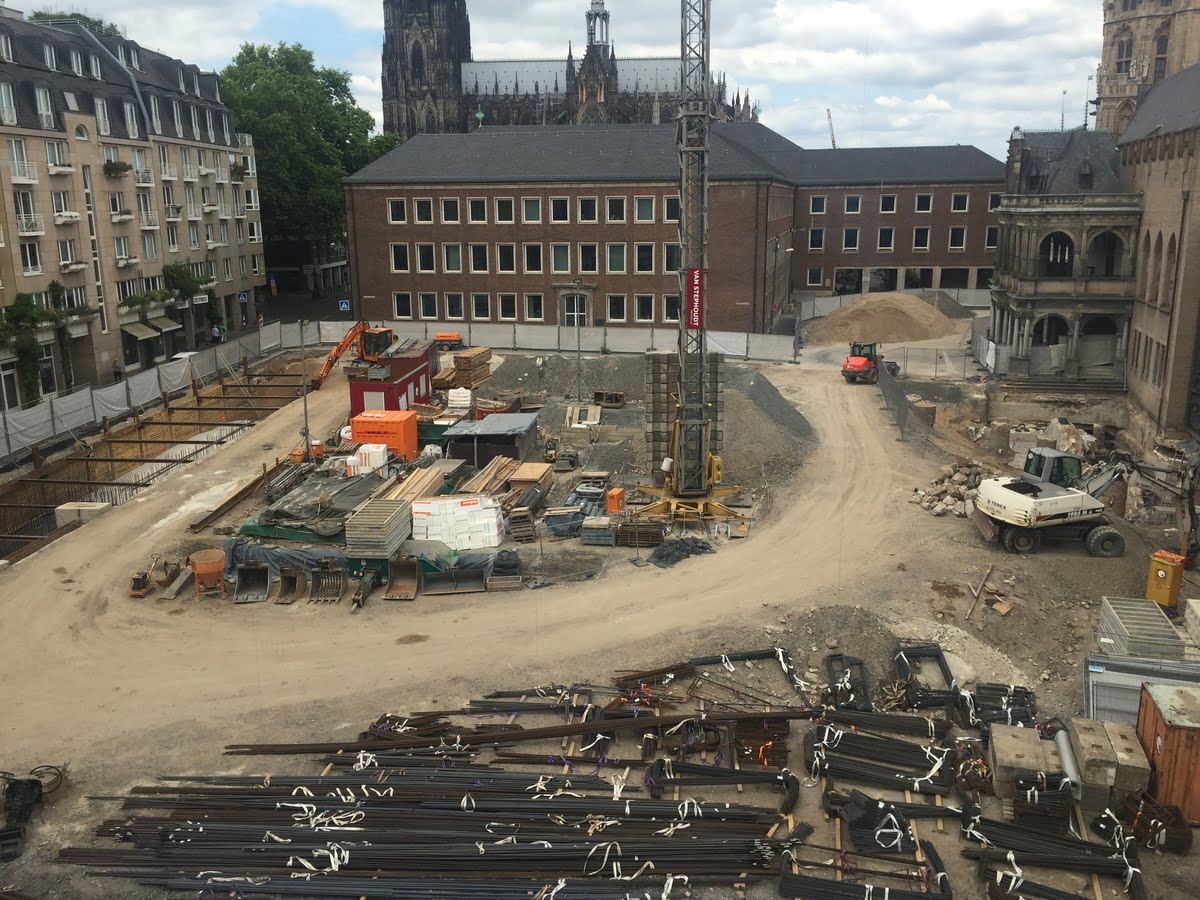


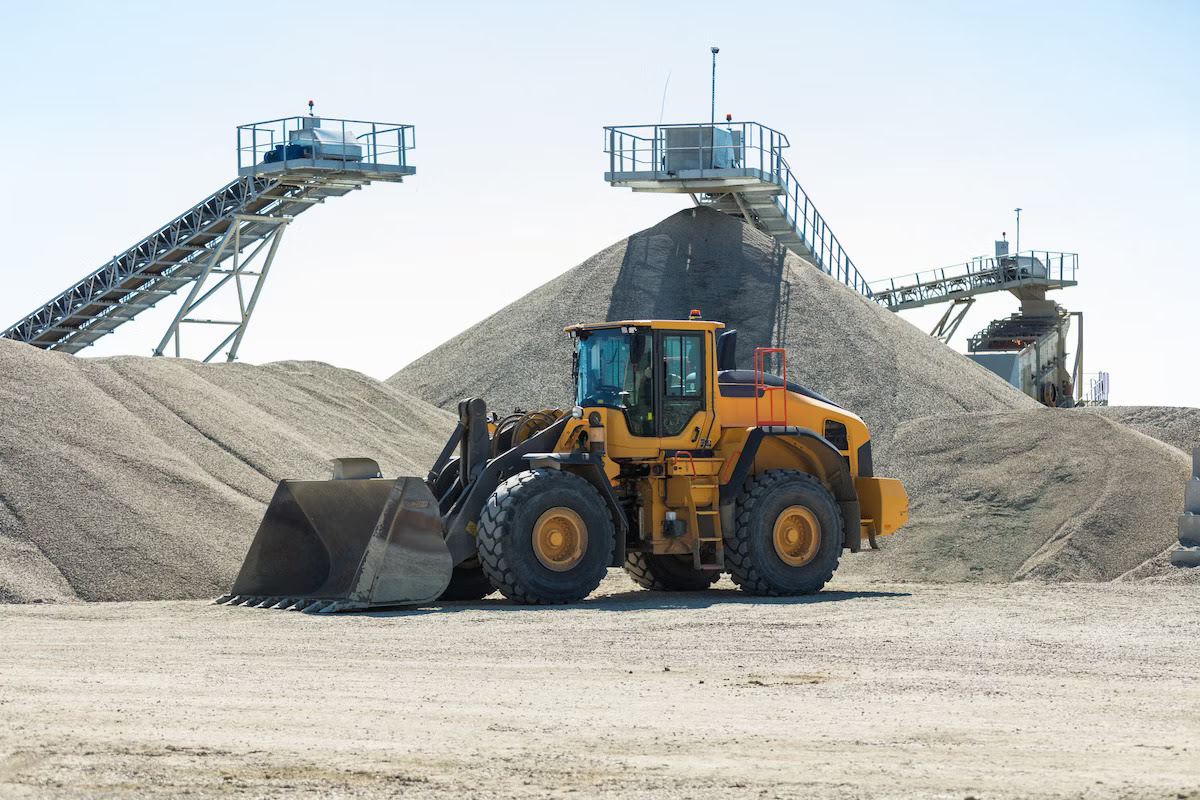
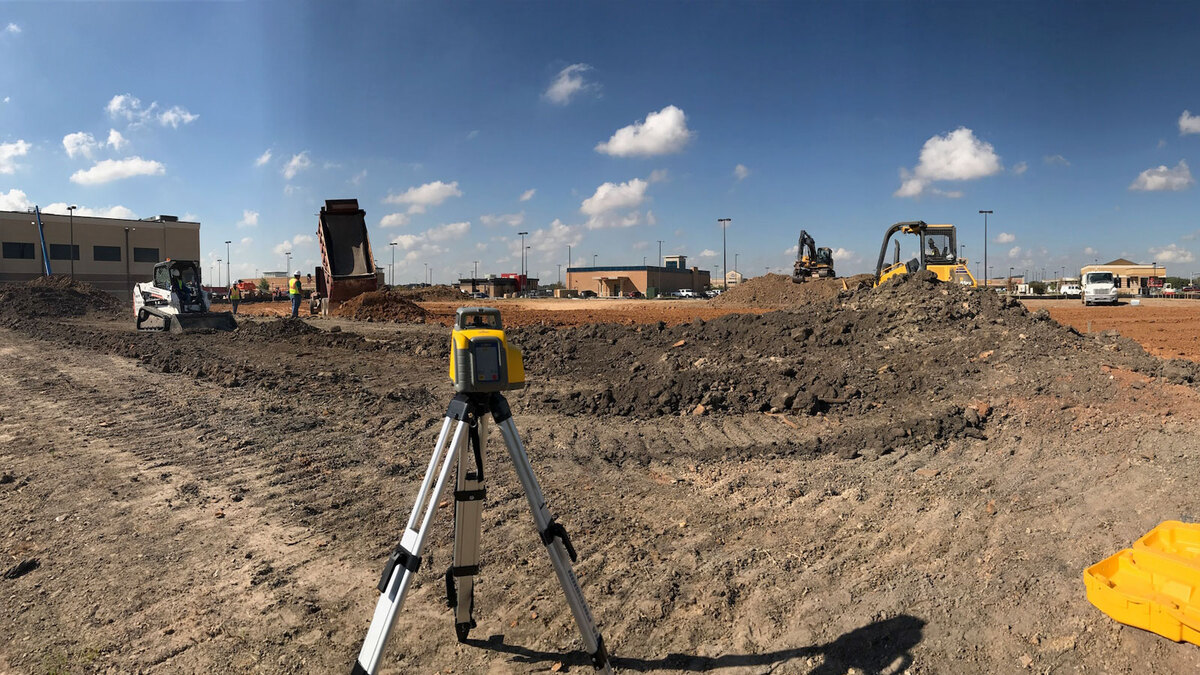
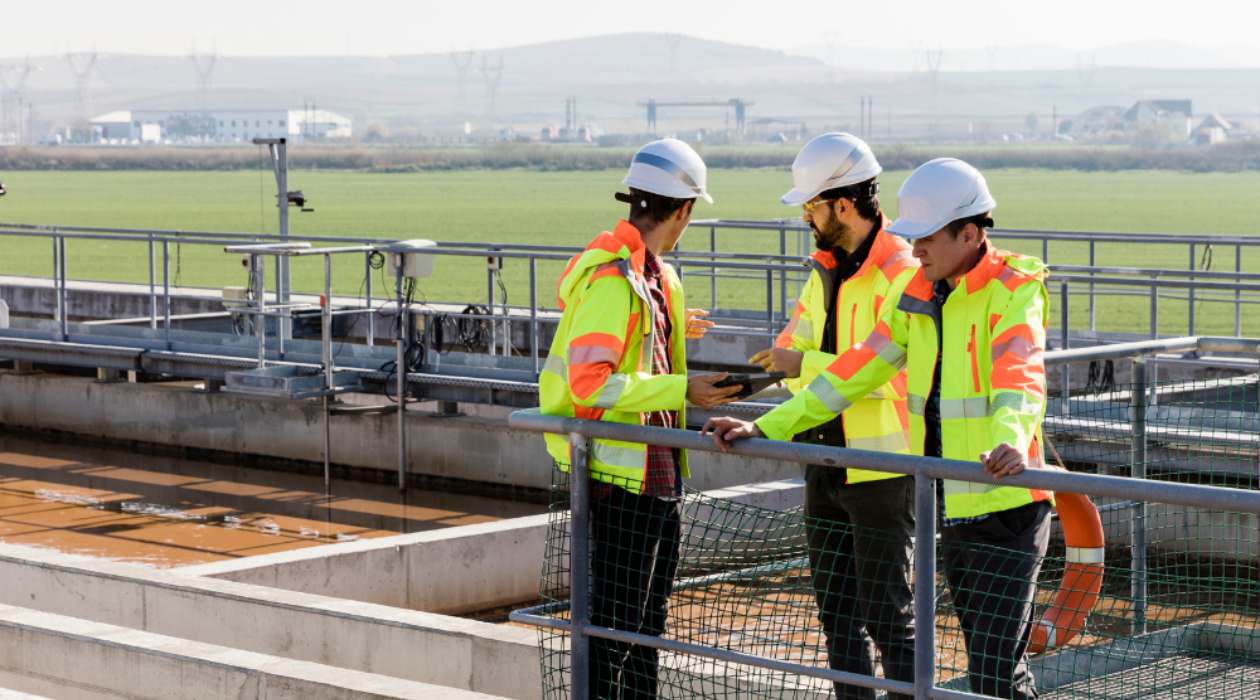


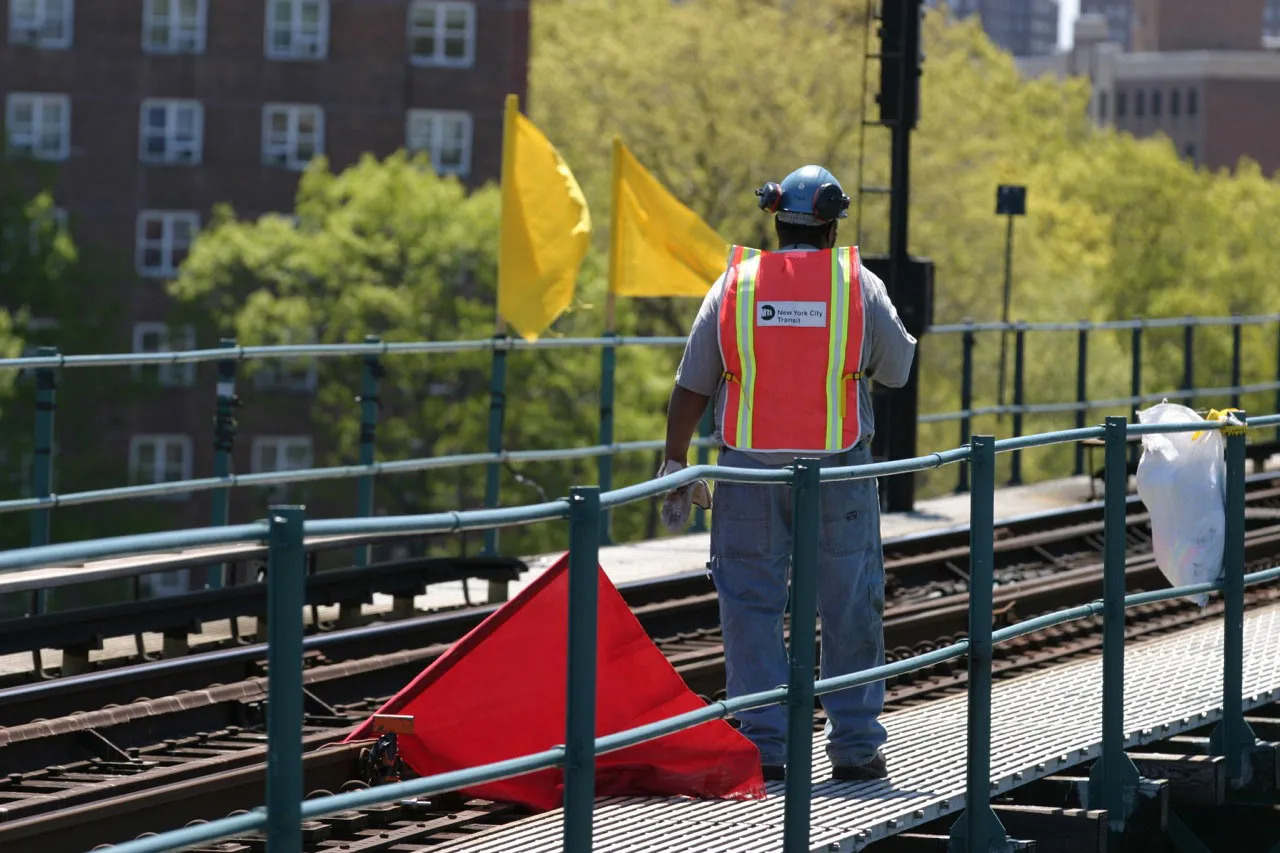
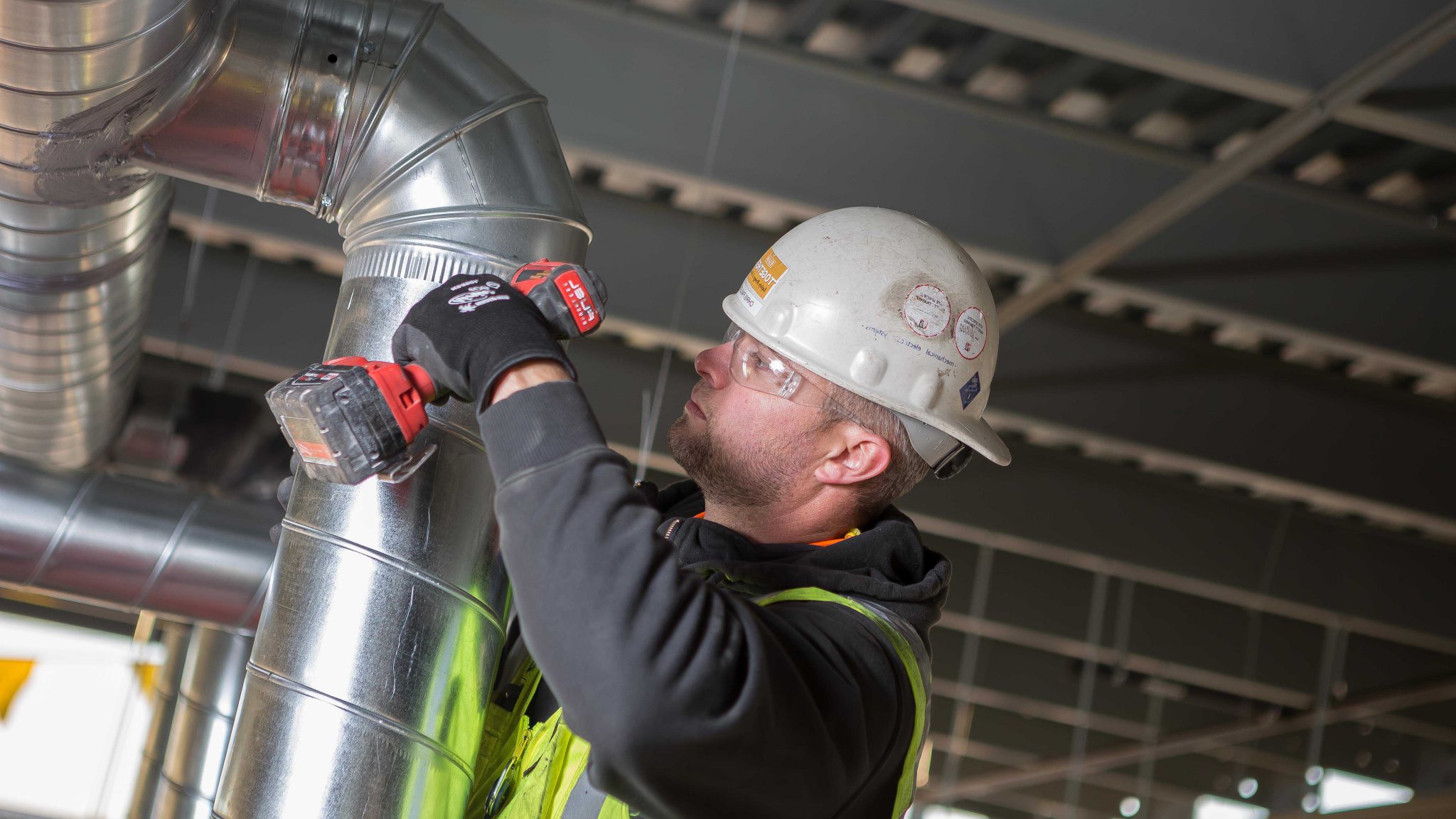
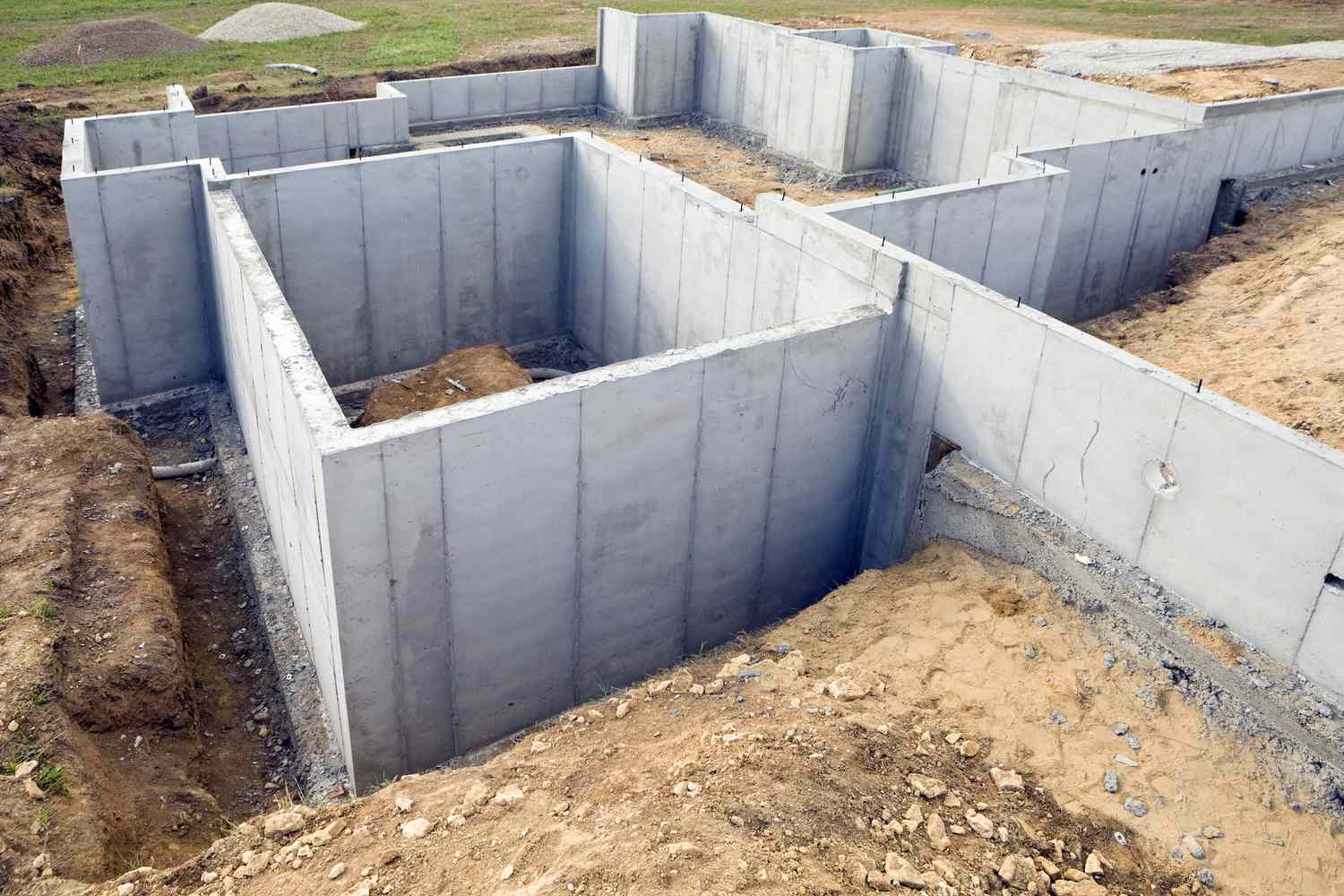


0 thoughts on “What Is A Construction Coordinator”